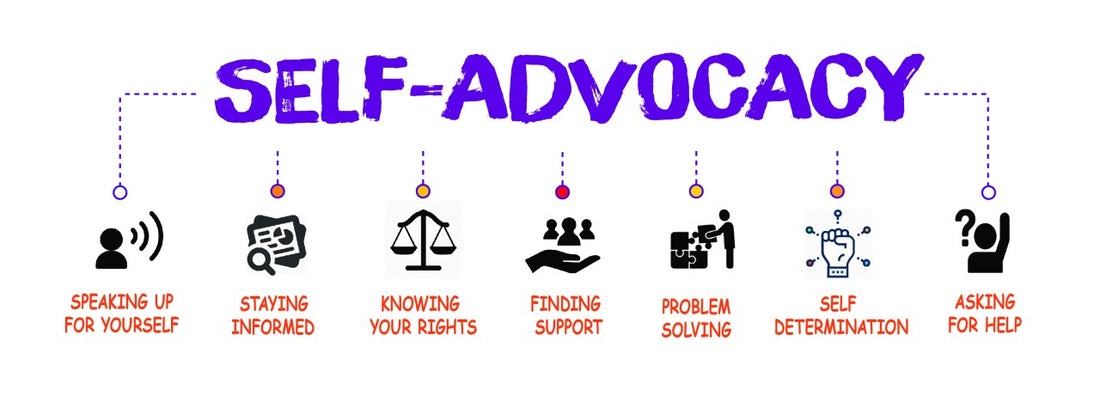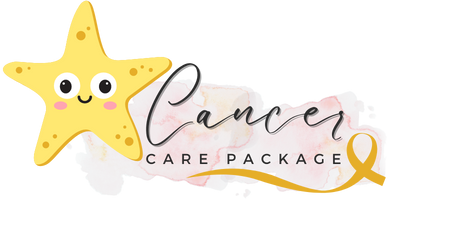
Empowering Your Health: The Importance of Self-Advocacy
Susan FlowersShare
In my journey with breast cancer, it wasn't a routine mammogram that led to the discovery of my diagnosis. Despite regular screenings, the cancerous lump remained undetected. It was only when I experienced persistent pain that I decided to investigate further.
An ultrasound revealed the presence of a suspicious lump, prompting my doctor to recommend a biopsy. However, even as I awaited the procedure, the physician who would perform the biopsy expressed skepticism about the likelihood of cancer. Despite her reassurances, I chose to proceed with the biopsy.
To my disbelief, the results confirmed my worst fears – the lump was indeed cancerous. Reflecting on this pivotal moment, I realized the critical role of self-advocacy in healthcare.
While medical professionals are indispensable allies in our health journeys, no one knows our bodies better than ourselves. We must trust our instincts and advocate for our own well-being. It's essential to pay attention to any changes or symptoms, no matter how subtle, and to seek further evaluation if something feels amiss.
My experience taught me that while doctors are often well-intentioned, they are not infallible. It's okay to seek a second opinion if something doesn't feel right or if a diagnosis seems incongruent with your intuition. We must be proactive in our healthcare, ensuring that we receive the best possible care and treatment.
Living in fear is not the answer, but there are times when we must assertively advocate for the care we need. By being proactive and assertive, we can play a vital role in our own healing process. Let us embrace our power as advocates for our health and well-being, championing our right to the best possible care.
